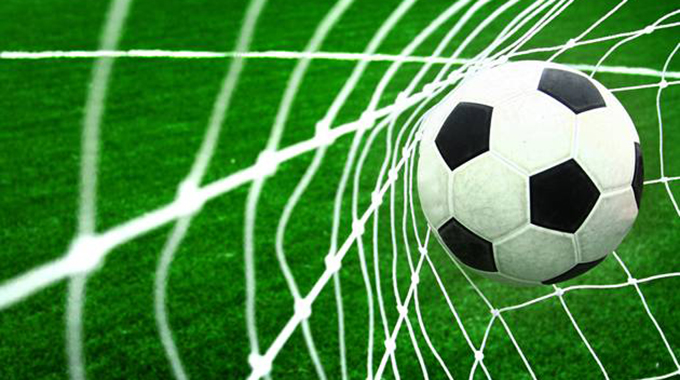SAFA’s huge loss highlights ZIFA’s mission impossible

THE huge cost of running football in national football associations in Africa has been laid bare by reports that the South African Football Association will report a loss of R74m at their annual meeting tomorrow.
The South Africans are widely considered to be the richest national football association in Africa and SAFA chief executive, Gay Mokoena, revealed on Thursday they will report a huge loss.
This loss arises from SAFA’s financial year from December 2018 to December 2019.
Addressing a media conference at SAFA House in Nasrec, Mokoena said there would be some good news and some bad news presented at the AGM.
He said the R74m deficit could mostly be attributed to the loss incurred at the time SAFA and the cash-strapped SABC could not agree on broadcast rights for national teams, particularly Bafana Bafana’s home games.
“We had some issues in the previous financial year regarding broadcasting rights. You will recall that we used to have a revenue stream of about R110m (annually) from the rights,” Mokoena said.
“We didn’t have that income. That has affected our performance very negatively. And we are unfortunately going to report a loss in our financial performance of approximately R74m. And this R74m is significantly resultant from the loss that we have incurred because of the SABC (rights issue).”
Mokoena said the loss incurred was softened by significant cost-cutting measures taken by SAFA in the past year, reducing overheads by about R80m.
He revealed that the SABC’s new broadcast rights contract with SAFA for national team home matches is worth R50m for its first year.
This is significantly less than the previous R110m, which the SABC had declined to renew in protracted negotiations, with the cash-strapped public broadcaster saying it simply could not afford the amount.
Mokoena said the four-year broadcast contract is “flexible” and a larger sum can be negotiated if the SABC’s financial position improves.
“We have a flexible amount, if I could call it that. And that’s why we have agreed to review the amount on an annual basis,” Mokoena said.
“For a start, because we are all in a difficult period. We have a R50m sponsorship. But it’s not all cash. It’s what you call ‘value in kind’.” – Sports Reporter/Business Day
Mokoena also revealed that SAFA has been approached by four sports brand companies to sponsor the national team.
Nike’s contract expired after the 2019 Africa Cup of Nations in Egypt in July.
SAFA’s huge losses are likely to put into context the tough job which the ZIFA leaders, who don’t have the same sponsors as their counterparts across the Limpopo, have on their hands running their association.
‘’Notwithstanding that they are in a huge and stable economy where corporates have enough to invest in corporate social responsibility programmes, they (South African national teams) fly free on SAA, have huge inflows from television rights while here in Zimbabwe ZIFA can’t even get $100 000 for the broadcast of one match for the Warriors,’’ a local football official said.
‘’Anyway, this is our home and we will strive, with likeminded stakeholders, to make sure that it shall be well.
‘’Even the funding from the Government to the national teams in South Africa is massive and the FA just concentrate more on development but here, in the year we played the AFCON finals, ZIFA only got US$53 000 from the Sports Commission for the entire year, for everything .
‘’I think it’s about the austerity measures which had to be employed but then one expects the other stakeholders to understand the challenges but that’s not the case here.’’ –







Comments